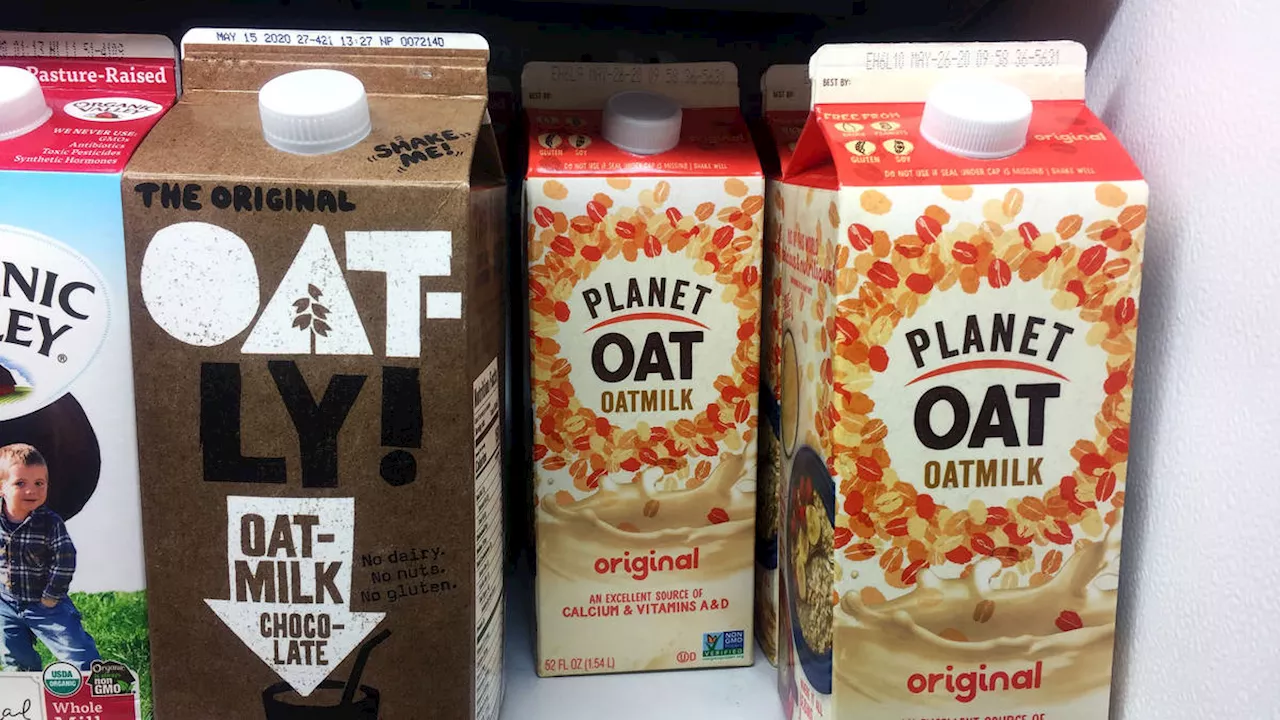A study from Rush University Medical Center found that frequent social activity may help prevent or delay dementia in older adults. Participants who were more socially active showed a 38% lower risk of developing dementia and a 21% reduction in mild cognitive impairment risk compared to those who were less active. The study also estimated a five-year delay in dementia onset for more socially active individuals.
Rush University Medical CenterJan 30 2025 Visiting friends, attending parties and going to church may help keep your brain healthy, according to research conducted at Rush.
In this study, we show that social activity is associated with an increased risk of developing dementia and mild cognitive impairment, and that the least socially active older adults developed dementia an average of five years before the most socially active." Social activity can strengthen neural circuits in the brain, making them more resistant to the buildup of pathology that occurs with age. Social behavior activates the same areas of the brain involved in thinking and memory.
In addition, a five-year delay in dementia onset has been estimated to yield an additional three years of life and an economic benefit of reducing dementia costs by 40% in the next 30 years, potentially $500,000 in lifetime health care savings for each person who would eventually develop dementia. Social activity was measured based on a questionnaire that asked participants whether, and how often, in the previous year they had engaged in six common social activities that involve social interaction - for example, whether they went to restaurants or sporting events, played bingo, took day or overnight trips, did volunteer work or visited relatives or friends.
SOCIAL ACTIVITY DEMENTIA COGNITIVE DECLINE HEALTH BRAIN HEALTH
United Kingdom Latest News, United Kingdom Headlines
Similar News:You can also read news stories similar to this one that we have collected from other news sources.
 Heavy Cannabis Use Linked to Reduced Brain Activity During Cognitive TasksA new study published in JAMA Network Open reveals that heavy lifetime cannabis use is associated with reduced brain activity during working memory tasks in young adults. The study, the largest of its kind, involved over 1,000 participants aged 22 to 36. Researchers found that 63% of heavy lifetime cannabis users exhibited reduced brain activity compared to non-users, while 68% of recent users also showed a similar impact. This decline in brain activity was linked to poorer performance on working memory tasks.
Heavy Cannabis Use Linked to Reduced Brain Activity During Cognitive TasksA new study published in JAMA Network Open reveals that heavy lifetime cannabis use is associated with reduced brain activity during working memory tasks in young adults. The study, the largest of its kind, involved over 1,000 participants aged 22 to 36. Researchers found that 63% of heavy lifetime cannabis users exhibited reduced brain activity compared to non-users, while 68% of recent users also showed a similar impact. This decline in brain activity was linked to poorer performance on working memory tasks.
Read more »
 Milk Linked to Reduced Bowel Cancer Risk, Study FindsA new study suggests that drinking a glass of milk daily could significantly lower the risk of bowel cancer. Researchers analyzed data from over 542,000 women and found that calcium, abundant in milk, was associated with a 17% decrease in bowel cancer risk. The study also highlighted the link between alcohol consumption and increased bowel cancer risk.
Milk Linked to Reduced Bowel Cancer Risk, Study FindsA new study suggests that drinking a glass of milk daily could significantly lower the risk of bowel cancer. Researchers analyzed data from over 542,000 women and found that calcium, abundant in milk, was associated with a 17% decrease in bowel cancer risk. The study also highlighted the link between alcohol consumption and increased bowel cancer risk.
Read more »
 Cheese Consumption Linked to Reduced Sleep Apnea RiskA recent study suggests a potential connection between cheese intake and a lower risk of developing sleep apnea. Researchers analyzed data from over 400,000 individuals and found that those who consumed cheese had a 28% reduced likelihood of having sleep apnea compared to non-cheese eaters. The study also identified six specific biomarkers influenced by cheese consumption that may play a role in this protective effect.
Cheese Consumption Linked to Reduced Sleep Apnea RiskA recent study suggests a potential connection between cheese intake and a lower risk of developing sleep apnea. Researchers analyzed data from over 400,000 individuals and found that those who consumed cheese had a 28% reduced likelihood of having sleep apnea compared to non-cheese eaters. The study also identified six specific biomarkers influenced by cheese consumption that may play a role in this protective effect.
Read more »
 Urban Sprawl Linked to Reduced Economic Opportunity for Low-Income ResidentsRecent studies led by a University of Utah geographer reveal that urban sprawl may hinder intergenerational mobility for low-income residents and exacerbate racial inequality. Analyses of Census data show that individuals raised in high-sprawl neighborhoods have lower earning potential compared to those from denser areas. The studies also highlight difficulties in accessing jobs for adults living in sprawling neighborhoods. Researchers believe understanding this link can inform targeted policies to improve economic prospects for low-income individuals.
Urban Sprawl Linked to Reduced Economic Opportunity for Low-Income ResidentsRecent studies led by a University of Utah geographer reveal that urban sprawl may hinder intergenerational mobility for low-income residents and exacerbate racial inequality. Analyses of Census data show that individuals raised in high-sprawl neighborhoods have lower earning potential compared to those from denser areas. The studies also highlight difficulties in accessing jobs for adults living in sprawling neighborhoods. Researchers believe understanding this link can inform targeted policies to improve economic prospects for low-income individuals.
Read more »
 Dairy Milk Linked to Reduced Risk of Depression and AnxietyA new study suggests that consuming semi-skimmed dairy milk may be associated with a lower risk of depression and anxiety. Researchers found that participants who drank semi-skimmed milk were 12% less likely to experience depression and 10% less likely to experience anxiety compared to those who did not. Conversely, plant-based milk alternatives were linked to a 14% increased risk of depression.
Dairy Milk Linked to Reduced Risk of Depression and AnxietyA new study suggests that consuming semi-skimmed dairy milk may be associated with a lower risk of depression and anxiety. Researchers found that participants who drank semi-skimmed milk were 12% less likely to experience depression and 10% less likely to experience anxiety compared to those who did not. Conversely, plant-based milk alternatives were linked to a 14% increased risk of depression.
Read more »
 Daily Habits Linked to Reduced Bowel Cancer RiskResearch suggests several everyday habits can lower the risk of bowel cancer, the second biggest cancer killer in the UK. These include consuming a daily glass of milk for its calcium content, maintaining a healthy weight, eating a balanced diet rich in whole grains, fruits, vegetables, beans, nuts, and seeds, limiting processed and red meat intake, staying physically active, particularly in the morning and evening, and practicing good oral hygiene.
Daily Habits Linked to Reduced Bowel Cancer RiskResearch suggests several everyday habits can lower the risk of bowel cancer, the second biggest cancer killer in the UK. These include consuming a daily glass of milk for its calcium content, maintaining a healthy weight, eating a balanced diet rich in whole grains, fruits, vegetables, beans, nuts, and seeds, limiting processed and red meat intake, staying physically active, particularly in the morning and evening, and practicing good oral hygiene.
Read more »
